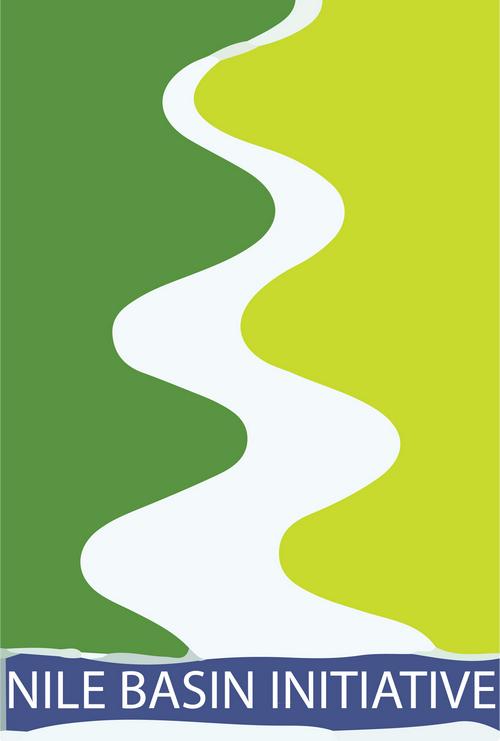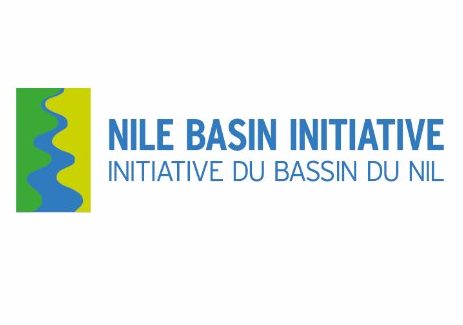This article was originally published in the 8th issue (October 2017) of The Ethiopian Messenger, the quarterly magazine of the Embassy of Ethiopia in Brussels.

In the summer of 2017, the European Union decided to support the Nile Basin Initiative through its international development cooperation instrument, the European Development Fund. This decision demonstrates Europe’s interest and readiness to support the NBI and the establishment of the Nile Basin Commission. Ethiopia took this opportunity to renew its commitment to work towards ensuring an equitable utilization of the Nile river water resources.
This decision from the EU came after a summit held from 20- 22 June 2017 in Entebbe, Uganda, between all 10 riparian countries to discuss how to equitably use the Nile waters. The heads of the delegations at the Summit underlined the achievements of the Nile Basin Initiative as an effective platform for the Nile Basin countries over the last 18 years. They expressed the need to establish the Nile Basin River Commission to further consolidate these objectives as soon as possible.
More than 300 million people across 11 countries rely on the waters of the Nile, a much-needed resource, among others for drinkable water, agriculture and generation of energy. The increasing population and growing economy of the region will even further drive the demand. Another challenge that needs to be addressed collectively is the impact of climate change on the flow of the Nile, which is likely to become more irregular. A recent report produced in April 2017 by researchers of the world-famous Massachusetts Institute of Technology detailed in their conclusions that climate change may drastically increase the variability of the Nile’s annual output (“Climate change enhances interannual variability of the Nile river flow”, Nature Climate Change, 24 April 2017, link) projects a major increase in flow variation from year to year. “We think that climate change is pointing to the need for more storage capacity in the future”, the authors said. There can be no doubt that the Great Ethiopian Renaissance Dam would be extremely important and valuable in this connection.
In this context of economic, social and natural changes, and in order to optimize an equitable use of the Nile resource by all riparian countries, the enhanced international dialogue between the concerned countries provided by the NBI is crucial. A better cooperation could create a stabilising, economic-growth-friendly atmosphere in the Nile region. If this cooperation bears fruits, this organisation could become an example for some of the many other international basins throughout the world, where water resources are shared between several states.
The NBI is a ten-country organisation set up in 1999 to facilitate cooperation around Nile River Basin policies and investments for the benefit of all the inhabitants of the riparian countries. Its headquarters are located in Entebbe, Uganda. The riparian countries negotiated the Nile Cooperative Framework Agreement – as a basis for the Nile River Basin Commission which is expected to be established on a permanent basis.
Beyond political cooperation, the NBI is focusing on technical issues, training and knowledge-sharing. The NBI organisation is also gathering and analysing technical data on water resource development plans of the riparian countries. The Initiative is also involved a Collaborative Water Assessment Process which helps to model different scenarios of the water resource levels and impacts of investments made around the river.




